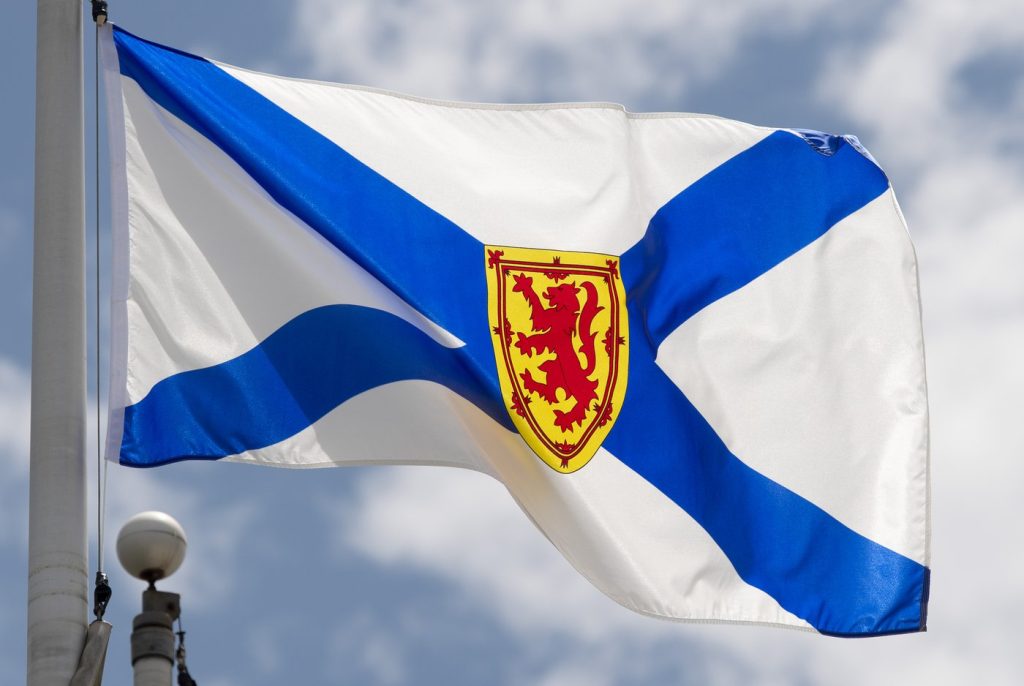Nova Scotia conservation group announces its largest purchase of coastal land

Posted Sep 3, 2024 01:33:59 PM.
Last Updated Sep 3, 2024 03:15:20 PM.
HALIFAX — The Nova Scotia Nature Trust plans to complete its largest acquisition of privately owned coastline by the end of the month.
The non-profit conservation group announced Tuesday that it had purchased Cape Negro Island, one of the province’s largest coastal islands at 317 hectares. No financial details were disclosed, but the group confirmed the purchase was made possible by the federal government, the Nova Scotia Crown Share Land Legacy Trust and community donations.
As well, the Nova Scotia Nature Trust confirmed it has secured a deal to buy the adjacent Blanche Peninsula. But that deal won’t close until the required funds are raised — a goal the group hopes to reach by Sept. 30.
Together, the two properties in Shelburne County amount to 1,034 hectares of coastal wilderness.
In 2018, a local resident complained that the name of the island was derogatory and drew attention to other locations in the county that used the same outdated term. In March 2021, councillors in the Municipality of Barrington voted unanimously to ask the province to change those names, and one location was renamed Eel Bay in March 2023.
Other locations, including an island named with a slur against Indigenous women, have yet to be renamed, and the Nature Trust says it supports the renaming process.
“The protected area will be known by the new island name,” the group said in a statement.
The island, near the southwest tip of Nova Scotia, provides habitat for a variety of birds. It also holds historic significance as it was once home to a year-round community, a church and school. Remnant foundations, rock walls, roads and cemeteries are all that remain.
“Local community members on the mainland have expressed their happiness that the island, privately owned and at risk of development, is now protected forever, and available for future generations to enjoy,” the Nature Trust said in a statement.
As for Blanche Peninsula, the group described it as a “coastal gem of very high ecological priority.”
At almost 717 hectares, the peninsula includes coastal barrens, bogs, forests, wetlands and beaches, making it one of the last “highly biodiverse” and intact coastal lands of its size in Nova Scotia. It also supports at least 174 bird species including those at risk, such as the barn swallow, bobolink, Canada warbler and piping plover.
“Saving Blanche Peninsula is the Nature Trust’s most ambitious conservation project in the group’s 30-year history,” the group said, adding that the purchase price will exceed $4.5 million, most of which has already been raised with help from government partners. But another $150,000 in community support is needed to unlock those funds.
Only five per cent of Nova Scotia’s coasts are deemed protected land, and about 85 per cent of its coastal land is privately owned.
Federal Environment Minister Steven Guilbeault issued a statement saying the acquisitions will help Canada meet its goal of conserving 30 per cent of the country’s land and water by 2030.
“Protecting coastal ecosystems and migratory bird habitats plays a vital role in helping to halt and reverse biodiversity loss and contributes to the recovery of species at risk,” Guilbeault said.
This report by The Canadian Press was first published Sept. 3, 2024.
The Canadian Press








